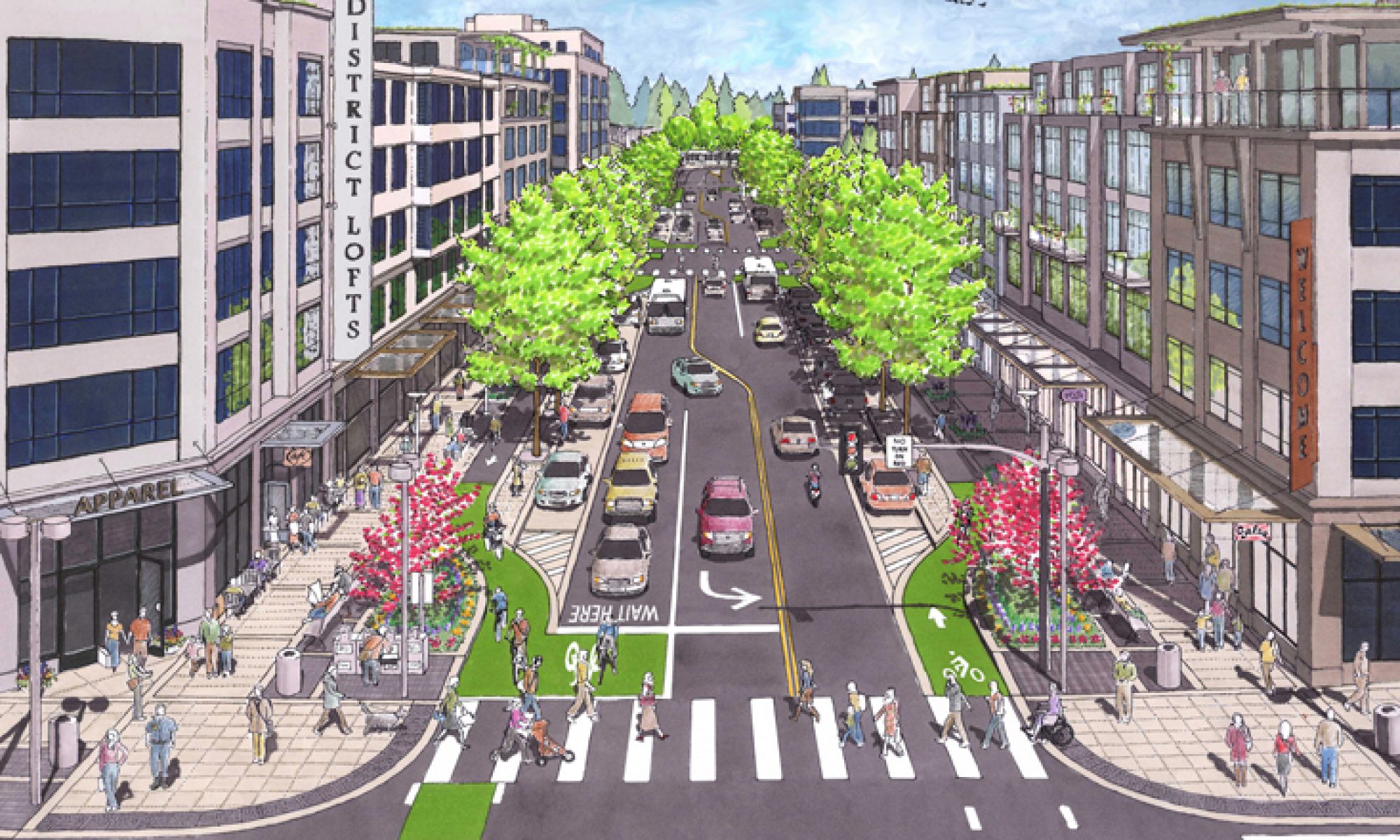As we move into the next phases of adjustment to what a “post-covid” world could be like, we have a great opportunity to make permanent, big changes in our cities to make streets safe for everyone, especially the most vulnerable in Asbury Park. We have a car problem, not a parking problem. #toomanycars
Asbury Park Complete Streets Coalition advocates for the city to adopt a Vision Zero Policy for Asbury Park to prevent crashes, injuries and fatalities.
Crashes can be prevented by building traffic calming measures that prioritize people walking and riding bikes, like truly protected bike lanes, bulb-outs, and to #slowthecars, mini traffic circles, and other built infrastructure to effectively make it impossible to speed, and unlikely not to see a traffic signal. As long as the design of our streets make it easy to speed, there will be crashes. Let’s keep the conversation going. Asbury Park Complete Streets Coalition is here to help, advocating for safe, equitable access for everyone, especially the most vulnerable. This is Traffic Calming 101: https://apcompletestreets.org/traffic-calming-101/. Spread the word. Follow and support @asburyparkcompletestreets.
Buttigieg’s Infrastructure Plan Calls for a National Vision Zero
His commitment to pair massive projects with a $200 billion job retraining program and 6 million new jobs has echoes of the Green New Deal, supported by candidates like Senators Bernie Sanders and Elizabeth Warren.
Buttigieg goes further, however, in linking road-building with road safety: As president, he’d commit to a national Vision Zero policy. Sweden, where the traffic safety movement was born in 1997, has made Vision Zero a national priority; other countries like Canada and the Netherlands have followed suit by launching country-wide campaigns and setting out sustainable safety approaches, respectively. In the U.S., however, Vision Zero goals have been set at the state and city level, with varying levels of ambition and success.
Decommissioning even a fraction of our estimated two billion parking spots, for instance, could free up critical space for sorely needed affordable housing, parks, in-neighborhood grocery stores, and so much more; some advocates argue that simply ending local mandatory parking minimums so we don’t build any more unnecessary spots would have a seismic effect on American life.
Even thoughtfully removing small bits of asphalt without repurposing that land for other uses can carry benefits, for a simple reason: it reduces demand for car travel, while making streets safer for the vulnerable road users that remain.
READ ABOUT IT>DE-PAVING
Buttigieg says Transportation Department will push ‘bold’ thinking

“Today we face an unprecedented health crisis, we’re navigating an economy in danger and our nation is reckoning with the impacts of systemic racism,” he said in the one-minute campaign-style video. “But with new leadership comes a new opportunity, a chance to build our transportation system back better than it ever was before.”
Read about it: https://www.pbs.org/newshour/politics/buttigieg-says-transportation-department-will-push-bold-thinking





